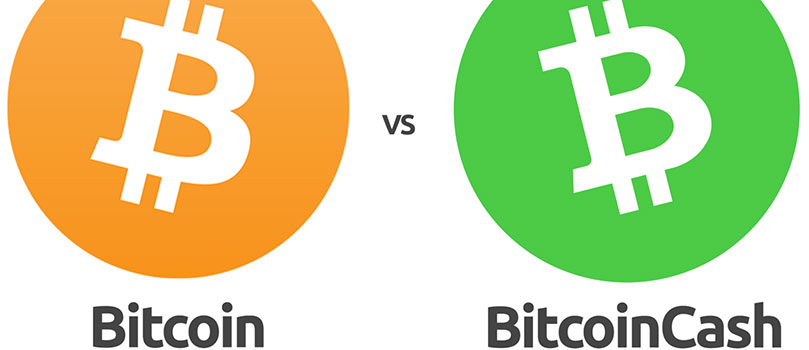After more than a month of some very low lows, bitcoin’s price has finally spiked and crossed the $7,000 mark. Generally speaking, this week has been a great one for both bitcoin and the entire cryptocurrency market as it has been highlighted by some pretty significant developments that will certainly have a lasting impact on the industry.
Bitcoin’s price yesterday rose by nearly 10 percent in just one hour – this came in the wake of a raft of positive news for the industry. Several reports have suggested that some of the biggest venture capitalists and investors are beginning to gain more interest in digital currencies. As expected, bitcoin would benefit the most as it is still, without a doubt, the reference point for all other cryptocurrencies. With the news, bitcoin’s value increased by nearly $600 yesterday and thus added about $9 billion to its market cap in just a few minutes. Other digital currencies have also begun to take a positive a trend thanks to the great news.
As far as the developments go, one of the most talked about is the move by billionaire investor Steven Cohen to have a hedge fund established for the sake of nurturing cryptocurrencies and blockchain-based companies. Elsewhere in Europe, Switzerland’s securities exchange has also announced plans to create a trading platform specifically meant for digital currencies and assets.
BlackRock’s Interest
BlackRock, which is considered to be one of the world’s biggest asset manager has also been eyeing the crypto space but they are taking everything slow and steady. The company has since set up a working group that has been tasked with investigating the best ways that it can make the most of the available opportunities in the rapidly growing bitcoin and crypto market.
BlackRock’s CEO and chairman, Larry Fink, has seemingly had a change of heart since he has previously rallied against bitcoin citing concerns that the digital asset is an “index of money laundering.” However, according to Bloomberg, Fink and company will be venturing into the crypto space as it is certainly an opportunity they cannot afford to miss. However, BlackRock will be leaning more towards the blockchain technology instead of actual cryptocurrencies.
“We are looking at it and as I have said in the past, we are very excited about blockchain technology. That is where we are looking at it even in the Aladdin universe with what we are trying to do there so we are looking at blockchain technologies. We are studying it and we are looking at how they perform and we are looking at that type of data as we understand it as we think about other products but right now, worldwide I have not heard from one client that needs to be in it right now,” Fink commented. “When it becomes more legitimatized, when it has a true open nature of it that you can identify who the players are on both sides, that’s when we’ll probably look at it.”









